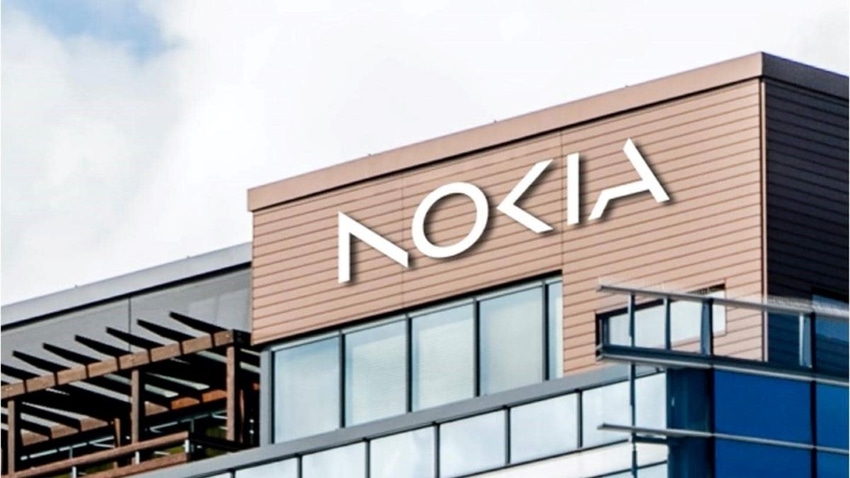Eurobites: Nokia pumps €360M into 6G microelectronics development
Also in today's EMEA regional roundup: Swisscom hooks up with Nvidia for genAI fun; Telefónica boss yearns for deregulation; du expands coverage with Intelsat.

Nokia is to invest €360 million (US$391 million) on the development of energy-efficient software, hardware and high-performance microelectronics for use in future mobile communications systems based on the 5G-Advanced and 6G standards. The development work will be carried out at Nokia's Ulm and Nuremberg sites in Germany, and will be funded by Nokia, the German Federal Ministry of Economics and Climate Protection and the German states of Baden-Württemberg and Bavaria. Nokia hopes that the project will strengthen Europe's competitiveness, especially in the field of microelectronics for nascent technologies such as 6G and artificial intelligence.
From the weird winter wonderland that is the Davos Economic Forum comes news that Swisscom plans to collaborate with US chip giant Nvidia on the building of generative AI, "full-stack" supercomputers in Switzerland. Through the partnership, Swisscom plans to new AI use cases, and to this end will establish a "trusted AI factory" – based on Nvidia's technology – for Swiss customers. Swisscom says it plans to invest up to 100 million Swiss Francs ($118 million) on AI infrastructure and service development in the coming years.
Also emanating from Davos are the latest thoughts from Telefónica boss José María Álvarez-Pallete, which center on his frustration with what he sees as the European Union's over-regulation of the telecom industry. "The only thing we are asking is that they deregulate us and let us compete. They are regulating us with analogic rules from the last century, but we are in a new digital economy, and we are playing on unequal terms," said the disgruntled Madrilenian.
Dubai-based operator du has teamed up with Intelsat to expand cellular connectivity across the UAE. The plan is for du to bounce off Intelsat's IS-39 satellite to provide coverage to even the most remote areas of the country.
A new MedUX report rates London as having one of the worst overall experiences when it comes to 5G, including the worst speed performance score, compared to its European counterparts, "signaling a notable margin for improvement in the UK's 5G landscape." Berlin comes top of the 5G experience pile, with Barcelona and Lisbon not far behind.
Telecom Italia (TIM) has received approval from the Italian government to execute the sale of its fixed network to investment firm KKR under the terms of the Golden Power Law, which allows the government to scrutinize transactions that relate to strategic industrial sectors – and veto them in the case of a perceived threat to the national economy or security. (See Telecom Italia empire crumbles with $20.2B network sale.)
Comparison website Uswitch says today's unexpected rise in the UK rate of inflation – to 4% – could cost the average Brit broadband customer an additional £27.19 ($34.49) per year and his or her mobile equivalent another £24.23 ($30.74) per year. Ironically, it was only yesterday that BT Consumer CEO Marc Allera announced that the operator would stop following the widely used but controversial formula of raising prices by the inflation rate plus 3.9%, deciding instead to give customers a concrete figure in pounds and pence.
Has the UK government started to use ChatGPT to write its job specs? And, if so, has it started hallucinating? The recently formed Artificial Intelligence Safety Institute seeks a Loss of Control Evaluations Lead, who will be tasked with building and leading "a team focused on evaluating capabilities that are precursors to extreme harms from loss of control, with a current focus on autonomous replication and adaptation, and uncontrolled self-improvement." Oh for the days when all they wanted was a motivated self-starter with experience of Microsoft Excel and a clean driving license.
Read more about:
EuropeAbout the Author(s)
You May Also Like












